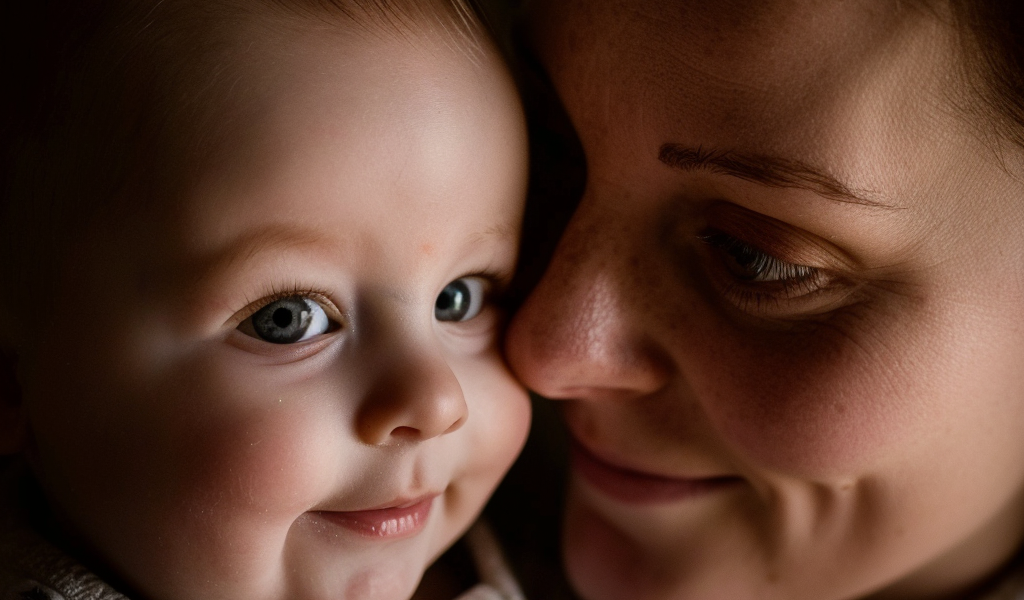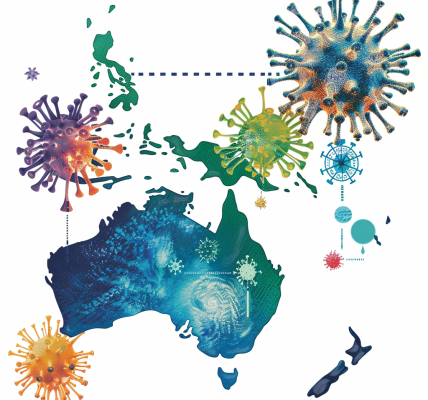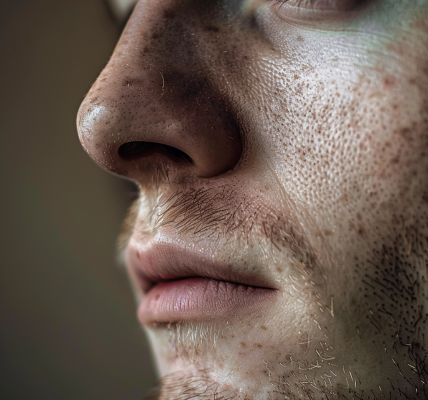A woman in London has made a remarkable claim about using her phone’s camera flash to detect her infant son’s rare eye cancer. Sarah Hedges, a 40-year-old support worker from Kent, noticed a strange ‘white glow’ in her three-month-old son’s eye while she was cooking dinner in November 2022. She likened the glow to a cat’s eye and decided to take photos with her phone’s flash to investigate further.
After initially being unable to replicate the glow, she persisted and eventually managed to capture it again. Concerned, she turned to Google for more information and found suggestions that her son might have cancer. Subsequently, she took more photos and sought medical help, leading to a diagnosis of retinoblastoma, a rare and aggressive form of eye cancer affecting young children.
Following six rounds of chemotherapy and battling sepsis, her son, Thomas, was declared cancer-free in May 2023. Sarah Hedges expressed relief at her son’s recovery, describing him as a ‘cheeky little boy’ who enjoys playing with his older brother.
Retinoblastoma, as per the National Health Service (NHS), is a rare type of eye cancer that predominantly affects children under three years of age. This extraordinary case highlights the potential for technology, such as a phone’s camera flash, to aid in the early detection of medical conditions, potentially saving lives.





